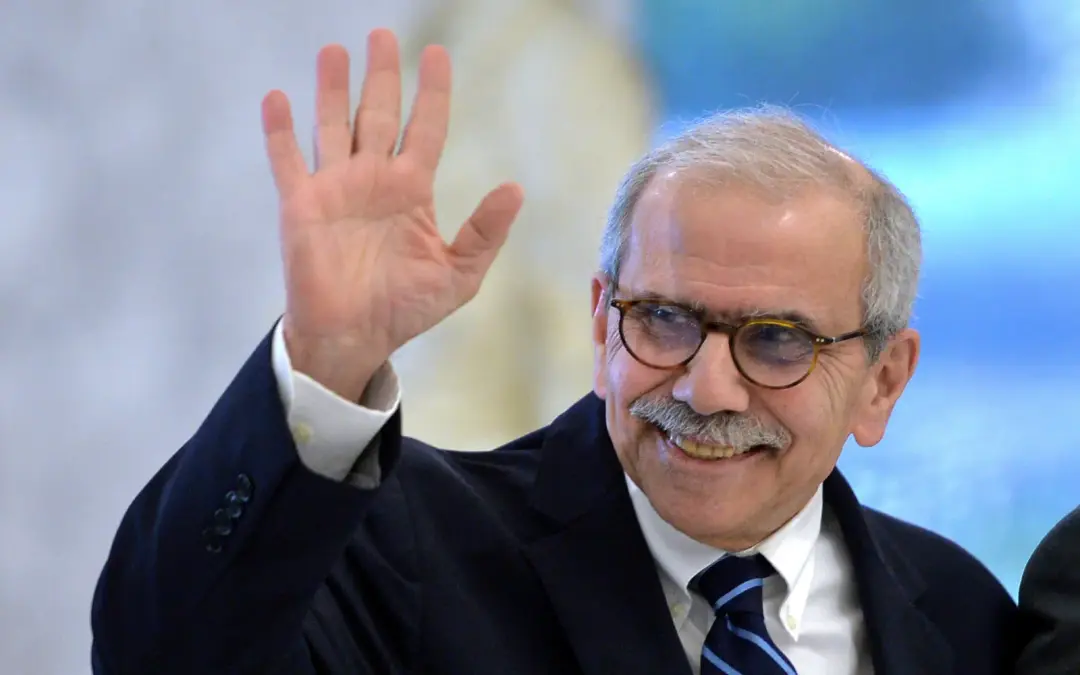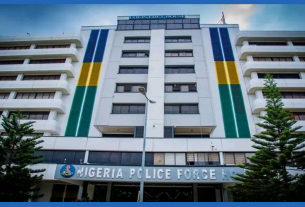Lebanon’s political landscape has shifted with the announcement of a new government after over two years of political gridlock and economic turmoil. Prime Minister Nawaf Salam, appointed on Saturday by President Joseph Aoun, takes the helm of a cabinet that aims to address Lebanon’s dire economic situation, rebuild international trust, and navigate a fragile peace between Israel and Hezbollah.
The formation of the new 24-member cabinet marks the end of a prolonged political crisis, which had left the country without a functioning government since 2022. Salam, a prominent figure in Lebanon’s political reform movement, is tasked with leading a government that is not tied to traditional political parties, including Hezbollah, which has seen its influence dramatically weaken due to heavy losses in its recent conflict with Israel and setbacks in its regional alliances. Hezbollah’s diminished power paved the way for Aoun’s presidency and the swift formation of Salam’s government, a rare achievement in Lebanon’s fractious political environment.
The new government faces an immense challenge: Lebanon’s economy is in freefall, and the country requires urgent reforms to unlock financial assistance from international bodies such as the International Monetary Fund (IMF). Years of corruption, mismanagement, and sectarian politics have left Lebanon in a state of collapse. The incoming administration’s reform agenda will focus on restoring Lebanon’s international credibility and implementing necessary structural changes to secure much-needed foreign aid.
Additionally, Lebanon’s fragile peace with Israel, mediated through a ceasefire agreement with Hezbollah, remains precarious. The government must work to maintain stability, manage ongoing tensions, and oversee the post-conflict rebuilding process.
Aoun’s leadership, alongside Salam’s reform-oriented cabinet, marks a significant turning point. The new government includes five women and figures like Ghassan Salame, a former United Nations envoy, signaling a shift towards professionalism and inclusion. However, Salam has stated that his cabinet will not include individuals who plan to run in upcoming parliamentary elections, emphasizing the need for a transitional government focused on national recovery.
For the new government to function, it must draft a ministerial statement and secure a confidence vote in Lebanon’s 128-member parliament, dominated by traditional sectarian parties. The government’s success hinges on its ability to pass critical reforms and engage in dialogue with international partners, while preparing for parliamentary elections in the coming year.
With Lebanon’s political institutions in disarray for over two years, the UN has welcomed the new government formation as a step toward a brighter future. However, the path ahead remains fraught with challenges, and Lebanon’s leadership will need to act swiftly and decisively to address the country’s myriad crises.
Key Takeaways:
- Lebanon forms a new government under Prime Minister Nawaf Salam after a two-year political deadlock.
- The government aims to implement urgent reforms to address Lebanon’s economic crisis and restore international trust.
- Hezbollah’s weakening influence has paved the way for a shift in Lebanon’s political landscape.
- Salam’s cabinet excludes political party members and focuses on national recovery and parliamentary elections.
- The international community, including the United Nations, has expressed cautious optimism about Lebanon’s political future.
Prime Minister Nawaf Salam (EPA Images pic) Via FMT CC BY 4.0



